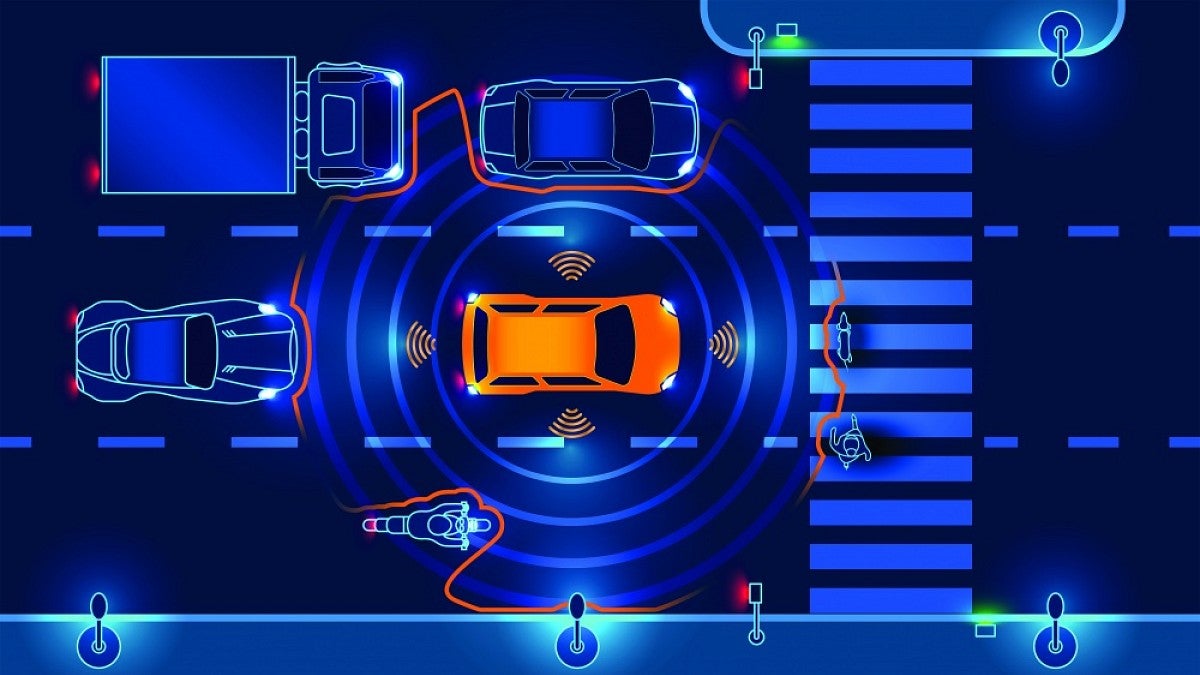A University of Oregon initiative exploring the secondary effects of emerging technologies has been awarded $1 million over the next five years for a joint project involving the Portland and Eugene campuses.
The grant from the Presidential Fund for Excellence will allow Urbanism Next to establish a new center with faculty and staff from the two UO locations. The center will expand on the work Urbanism Next is doing to examine the changes that could come with the growth of such technologies as autonomous vehicles, ecommerce and the sharing economy.
“The University of Oregon is proud to be on the cutting edge of researching how technology, like autonomous vehicles, impacts our world,” said UO President Michael Schill, who announced the center funding on Monday at the National Urbanism Next Conference in Portland. “Urbanism Next will be the pre-eminent source for thinking and research around the potential impacts of emerging technologies on city development, form and design and the related implications for equity, economy, environment, governance, resilience and quality of life.”
The creation of the Urbanism Next Center will build upon the research and partnerships already established through the initiative.
“These new technologies are changing the systems of transport, the layout of cities and the places we spend our time,” said Nico Larco, Urbanism Next lead and associate professor of architecture. “In turn, these changes will have profound effects on land use, street design, parking, housing, equity, municipal finance and fundamental issues related to urban density, sprawl, vitality and the economic viability and sustainability of communities of all sizes.”
The center’s primary focus will be on interdisciplinary research — including the creation of a clearinghouse to help inform public agencies, private firms, student research, experiential learning and collaboration with local and national partners.
“Cities and firms are fundamentally unprepared for the changes that are coming,” Larco said. “Few entities are considering the shifting reality before us as they prepare strategic priorities, update long-range plans, decide where they will invest scarce infrastructure funds, and develop strategies to reduce greenhouse gases.”
Larco has been leading a Portland-based emerging technology group made up of partners such as Portland Metro, Portland Bureau of Planning and Sustainability, Portland Bureau of Transportation, TriMet, Oregon Department of Transportation and the governor’s office.
“We are excited and ready to take Urbanism Next to the next level,” Larco said. “This commitment and financial support from the president’s office tremendously heightens what we will be able to do with the program, the leadership role we can play nationally and internationally, and the impact we can have in helping create livable and sustainable communities.”


